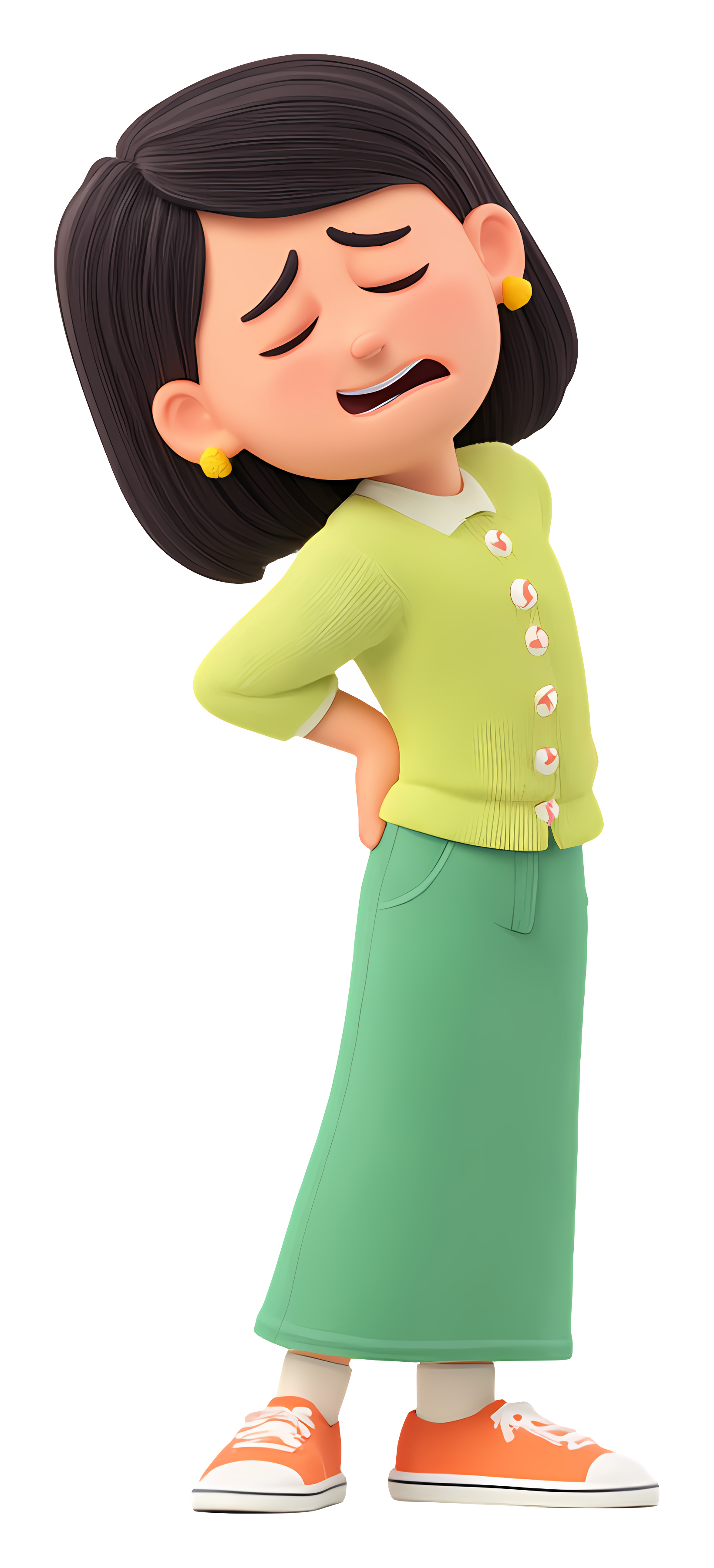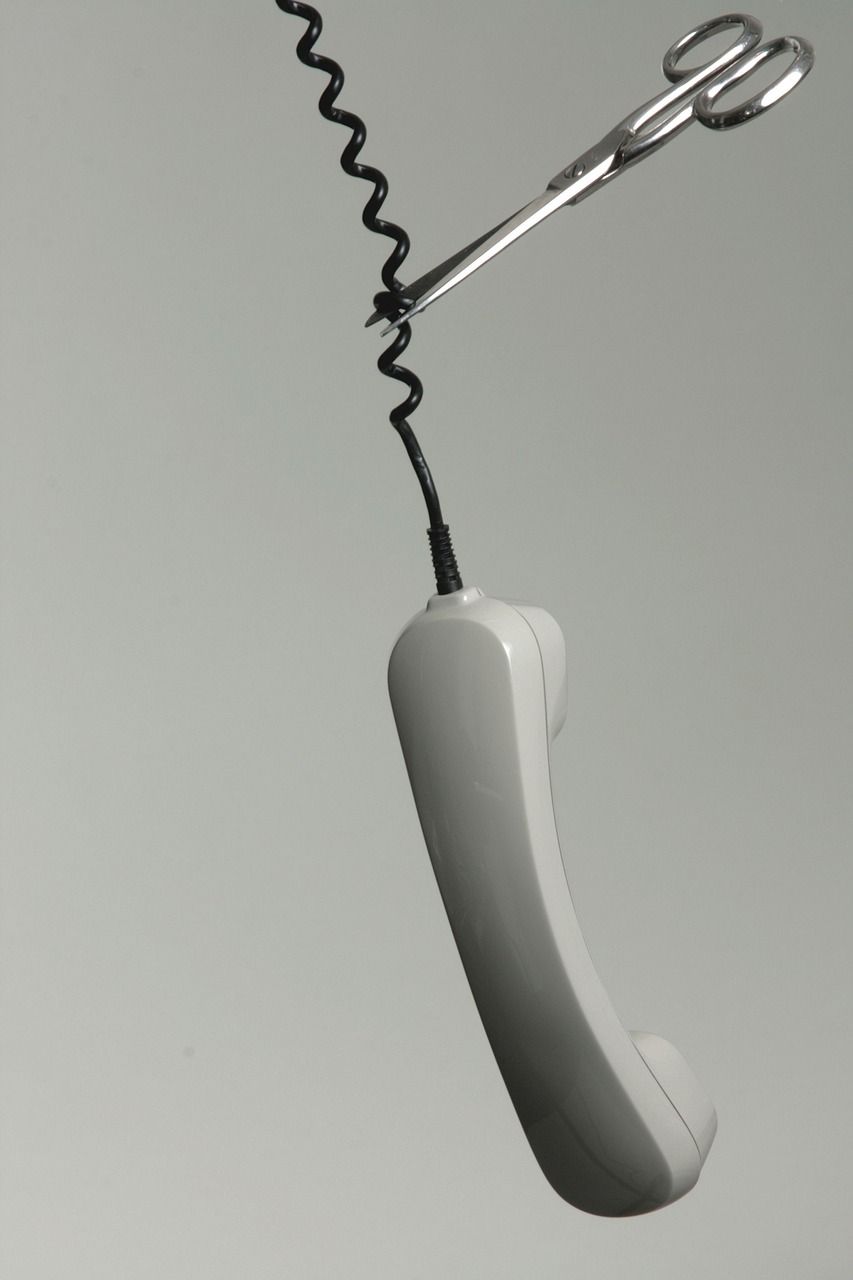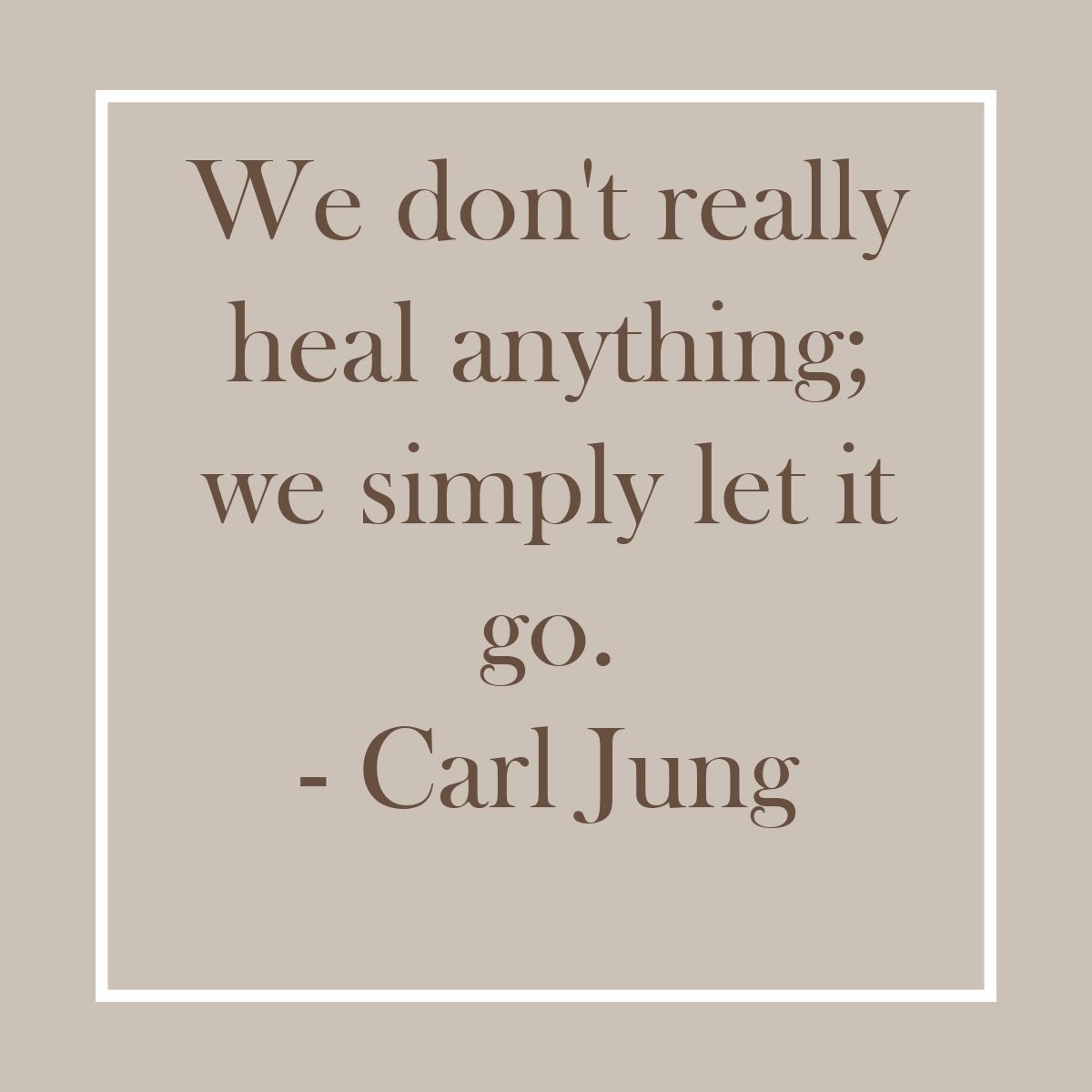A discussion on iron deficiency
I’ve posted a lot on obesity in the last few weeks, so it’s time for a change of pace! A different condition that is rather common, but doesn’t get a lot of discussion, is iron deficiency, so today I’m going give it the treatment it deserves.
To be honest, I’m quite surprised that despite the fact that iron deficiency is seen so frequently, surprisingly few people know very much about it.
First of all, what is iron deficiency? As the name would suggest, it means that the body doesn’t have enough of the mineral, iron, to do it’s job properly. Generally, the first evidence of this is a low hemoglobin level, which means that the body does not have as many red blood cells as it is supposed to have, or the amount of hemoglobin in them is low. Not enough red blood cells or hemoglobin is called anemia. Since there are a number of causes of anemia, tests are then run to rule out the more frequent ones, and if they come back with a low ferritin level (a test of body iron stores), we know that there is a deficiency of iron, and we call the condition iron-deficiency anemia.
Why is this important? The job of your red blood cells is to transport oxygen from the lungsto every single cell in the body. So if there’s not enough hemoglobin, then essentially we’re depriving our bodies of oxygen. Oxygen is essential for life; it is used to convert fuel (food) into the energy needed for every function in the entire body. So low hemoglobin = low oxygen = suboptimal activity in every cell.
Is it any wonder that symptoms of iron deficiency include fatigue, weakness, dizziness, difficulty concentrating, and a host of other potential problems?
And what causes iron deficiency? Since iron is so critical for life, the body doesn’t give up the mineral easily. The primary reason for a deficiency is blood loss: menstruation, blood donation, injury, and gastrointestinal bleeding, which may occur with regular aspirin use or ulcers or for a number of other reasons. Increased blood volume will also increase needs for iron: pregnant women, athletes, and children and teenagers having a growth spurt all have greater blood volume and consequently have higher needs for iron.
Another cause of iron deficiency is reduced absorption. There are a few conditions which may cause reduced absorption, such as Crohn’s or celiac disease; intestinal surgery such as gastric bypass; or taking medications which reduce stomach acid, which is needed for iron absorption. Another one, which will probably surprise, is high consumption of tea. Not coffee, just tea. All teas, black or herbal, with the exception of Rooibos and Honeybush, contain tannins , and tannins interfere with iron absorption.
As funny aside, during the time when I was studying dietetics in Washington, DC, my dad was diagnosed with a iron deficiency anemia; he was shuttled around between doctors and blood specialists to try and figure out the cause of the deficiency to no avail. When I later heard of the situation, the first thing that popped into my mouth was “dad! You drink so much tea, of course you’re iron deficient.” He would easily drink 8-10 small (6oz) cups of tea throughout the day regularly. After that day, he made a point of not drinking tea for a half-hour before or an hour after his meals, and has not been anemic since.
Finally, what do you do if you have an iron deficiency? You need to eat in such a way that first, you are consuming more foods with iron, and second, that you are maximizing it’s absorption.
Iron from animal sources is absorbed better than iron from vegetarian sources. Some of the best animal sources include clams, liver, oysters, lean beef and turkey (dark meat). Of vegetarian sources, the best include soy products (tofu, soybeans), white beans, lentils, fortified breakfast cereals, and roasted pumpkin and sesame seeds.
To enhance absorption from vegetarian sources, it is best to include a source of Vitamin C in the same meal, as this vitamin converts the iron to a better. Examples include citrus fruits and juices, strawberries, bell peppers, kiwi, and many others.
Another tip to get more iron in is to cook in cast iron cookware. Especially when you’re cooking something acidic (like spaghetti sauce), iron is leeched out of the pan into the food. Instant iron-fortified food!
So iron is clearly important, but that certainly doesn’t mean that everyone should begin supplementing their diets with iron. As I mentioned before, the body doesn’t like to get rid of iron, so if you’re not in a deficiency state, taking an iron supplement can easily lead to iron overload and toxicity. So, if you’re taking a multivitamin, it’s probably a good idea to take one that doesn’t include any additional iron unless you know you need it.













